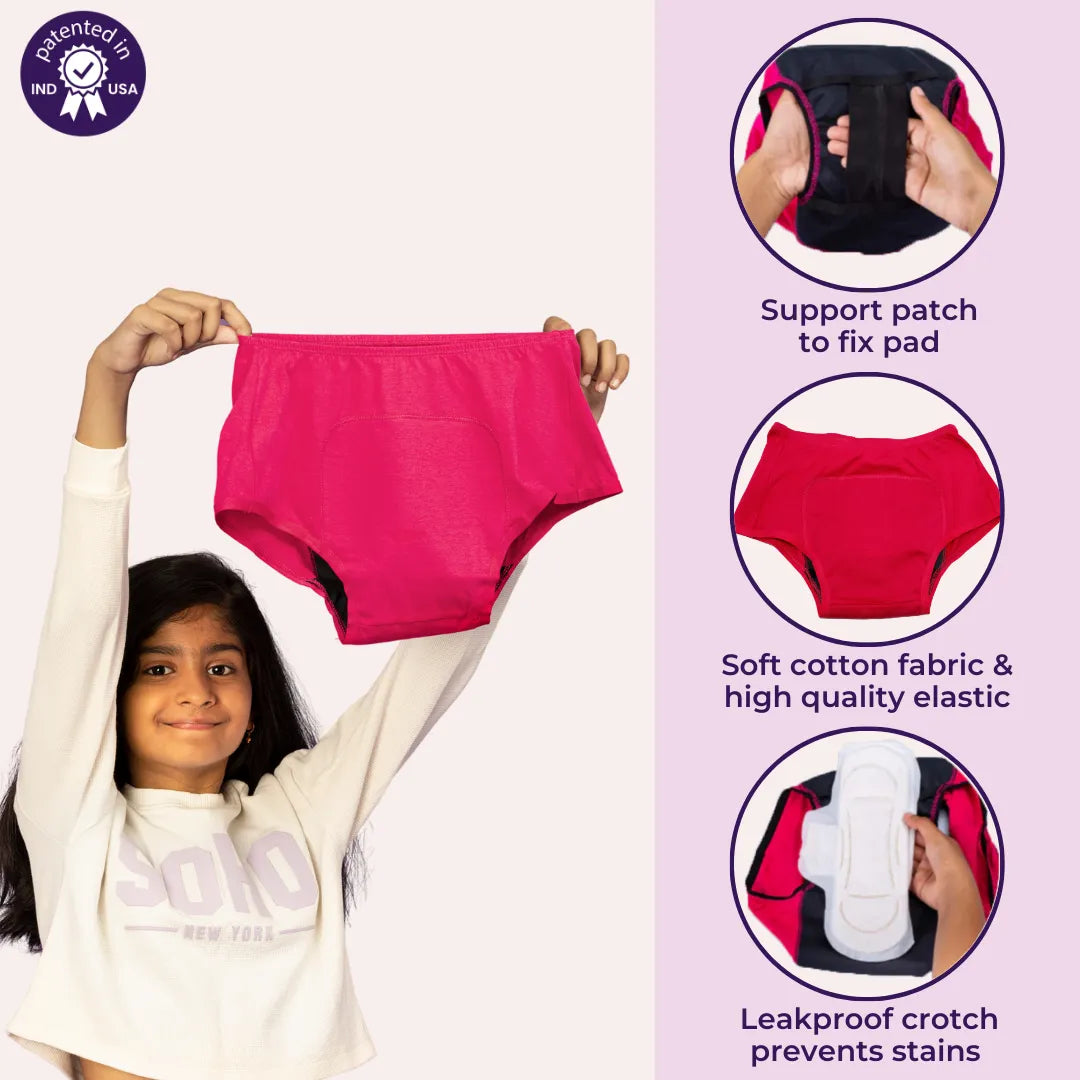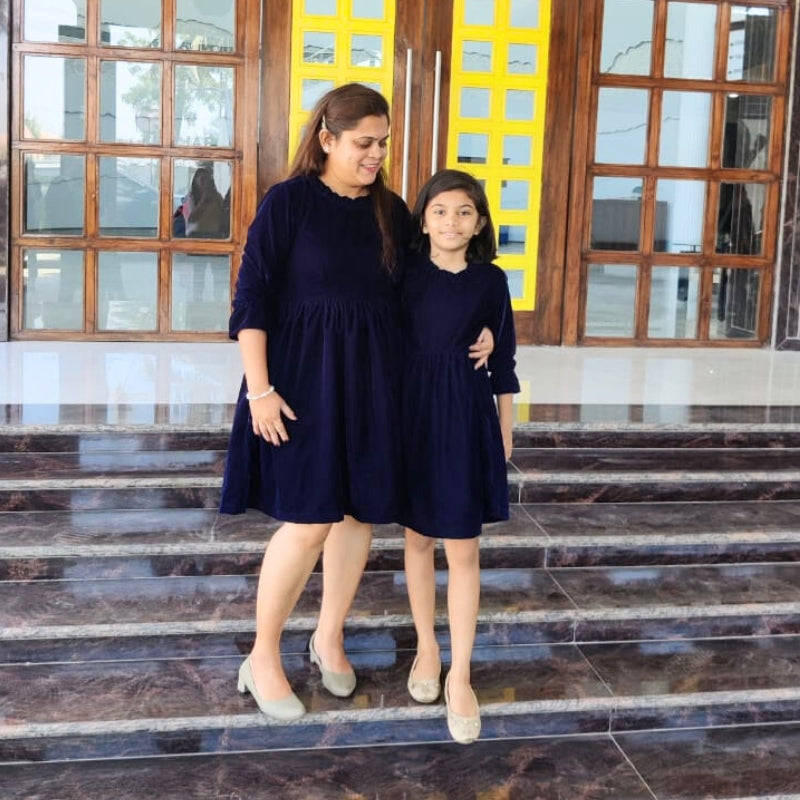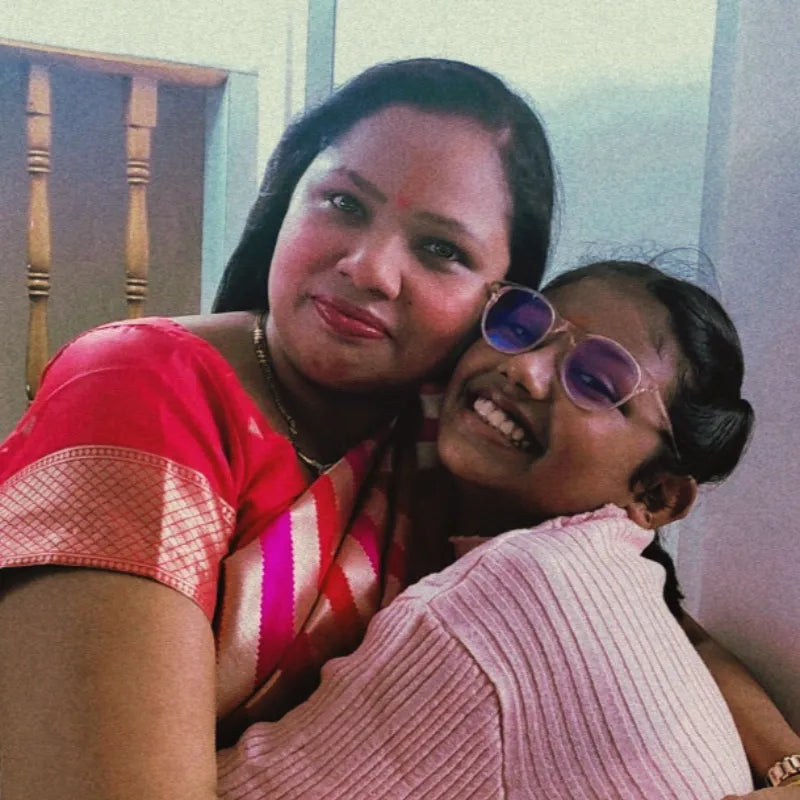Image Credit: AI
Puberty is the physiological process in which a child's physical features start developing like those of an adult. It usually takes place after the age of 9 in boys and in girls, it starts after the age of 9. However, early puberty happens before the usual age, which is also known as precocious puberty.
As per the studies conducted by the University of Cincinnati, around 10 to 15% of Indian girls reach puberty as early as age 7. Any child can face early puberty challenges. When a child begins showing signs of puberty earlier than expected, we call this transition the puberty period. Parents play an important role in guiding their wards.
How It Affects The Young Girl Child
Any child can develop precocious puberty. Girls and child AFAB (assigned female at birth) are more affected as compared to boys and child AMAB (assigned male at birth). Physical changes start in girls like their breasts start developing earlier, hair starts growing in the pubic areas, and acne develops on the chest, back, and face. Socialising can become emotionally challenging at this age. Some children may find it harder to express themselves or feel less confident socially.
Early Puberty And Mental Health Risks
The impact of pubertal timing on mental health is noticeable among both girls and boys. Children who undergo early puberty are more at risk of various emotional challenges. Here is how individuals are mentally at risk during adolescence.
Depression And Anxiety
Depression can have serious consequences for teenagers, including an increased risk of self-harm. A study suggests that around 41% of the suicides happening in India are committed by people below the age of 30 years. When teens are going through depression and anxiety, they may lose interest in any work. They may lose interest in activities they once enjoyed and dwell on challenges more than before.
Teens deeply assess the changes in their physical appearance due to the changes in their hormones. Their sleeping and eating habits also change due to depression. At times, they crave food, and at other times, they lose their appetite. They love to spend their time alone, and they pull away from friends and family. This is a complex phase in anyone’s life,
Emotional Regulation Challenges
During early puberty, many alterations occur in the body due to hormonal changes. These changes affect teens' emotional well-being. They may experience heightened emotions like anger, irritability, or sadness. During puberty, mood swings are also influenced by social factors. Changes in the body normally feel uneasy and become over-self-conscious about their look which again affects their emotion.
Also Read : Signs Of Anxiety And Depression In Teenagers During Puberty
Hormonal Changes In Early Puberty
The pituitary gland releases hormones called gonadotropins. This hormone plays an important role in the growth of the sex gland. In girls, the sex organ is the ovaries which release oestrogen and in boys, the sex organ is the testicles which release testosterone. The interplay between the secretion of these two hormones brings about physical and emotional changes that seem difficult for teens to handle.
Body Image Issues In Early-Developing Girls
During early puberty, a unique set of changes are observed in the body. That's why the girls are facing social challenges during early puberty. Girls who experience early puberty may notice changes such as breast development, height growth, and shifts in body shape earlier than their peers. Because of this, they feel uncomfortable or more self-conscious, especially more when they are noticeable.
Early maturing girls can feel the pressure to conform to unrealistic societal standards. Also, they feel the pressure of acting more maturely or adopting behaviours that are not authentic to their age. They may experience teasing or exclusion from peers, which can impact their emotional wellbeing.
Early physical maturity might make girls feel isolated, lonely, and left out and as a result, you can see behavioural changes. They may find that their social circle is changing which sometimes can strain the relationship which can also lead to low self-esteem in girls with early puberty. All this cumulatively leads to build-up pressure and is one of the most common problems among the younger generation.
Early Puberty And Gender Disparities

Early puberty affects girls and boys differently due to the nature of their physical changes, emotional responses and social pressure.
Impact Of Sexual Changes
In girls, early puberty generally results in the development of secondary sexual characteristics like breast development, onset of menstruation, growth of pubic hair, changes in body shape, and sudden height increase. All these changes are visible and impactful. The onset of menstruation can be both physically and emotionally challenging.
Whereas early puberty in boys includes the growth of facial and body hair, deepening in voice and enlargement in the testes and penis. All these changes are significant but are less immediately noticeable which can mean less immediate scrutiny.
Emotional Impact
Emotional regulation in early puberty is a factor to be concerned about. Girls facing early puberty can have a profound emotional impact on them. Often, they face self-consciousness about their developing bodies, which can lead to depression and anxiety. Menstruation and the hormonal changes that come with it can sometimes make them feel out of sync with their peer who are yet to enter puberty, leading them to feel isolated.
Boys also face emotional changes but they are less profound than girls. It is more related to aggression. Also, the sense of self-consciousness of physical changes is less as compared to those of girls.
Social Pressure
Girls who enter early puberty may face social pressure to behave like adults which then leads to them being sexualised or scrutinised. Whereas early maturing boys might experience social advantages like being perceived as more mature and capable it is less likely to lead to the same level of sexualisation or scrutiny experienced by girls.
Support Systems
Support systems for girls are complicated as are lots of stigma surrounding menstruation and female development but it is somewhat opposite for boys. Early puberty mainly based on physical and emotional changes can have profound changes in girls as compared to boys. Proper education and awareness will lead to reducing the gap between them
Parental Support For Early Puberty

Image Credit: AI
Supporting your child through early puberty is important, as they are going through physical and emotional changes.. They require sensitivity, understanding and proactive guidance from their parents. The following steps can be taken from the parents' side to guide their daughter.
- Open communication plays a very vital role. Talking about puberty before it starts and the changes that will happen is a must. This prepares them and helps them feel supported and more confident. Also, try to convey accurate information to her. Guide her on her personal hygiene routine.
- Encourage an environment where she can openly ask or discuss any type of question about puberty and ongoing physical and emotional changes.
- Promote healthy body image by focusing on what her body can do rather than how it should look. Use books, educational videos or resources from reliable websites to support your explanation.
- Parents should understand that emotional fluctuations are a normal part of puberty. They should be patient and supportive during mood swings and help her deal with them positively. Active listening is also important.
- Parents and their daughters should also have proper knowledge. They should not promote any unhealthy practices. Make her aware of peer pressure and monitor the signs of early depression or anxiety.
Also Read: Tips To Bond With Your Teenage Daughter
When To Seek For Professional Help
Sometimes there are specific signs and situations where parents can seek professional help from mental health professionals which can be beneficial while navigating through early puberty. Here are some signs when it is appropriate to seek medical support for your daughter.
- Facing difficulty with daily activities, withdrawal from friends or family, or changes in appetite or sleep pattern can be the early signs.
- Intense anxiety, panic attacks, excessive worry or physical symptoms such as rapid heartbeat or shortness of breath can be signs that the girl is going through a tough situation and needs a medical professional’s support.
- Any kind of self-injury, verbal expression of wanting to harm oneself or suicidal indications are also some of the signs that parents should monitor.
- A sudden drop in grades, lack of interest in school, or frequent absences can also be counted as a sign that the person is going through anxiety and depression and needs medical help.
- Persistent issues despite supporting and addressing the problems through regular parenting practices can also be a sign that a person is suffering from anxiety and depression in early puberty.
Observing early signs at the appropriate time can make a significant difference in managing and overcoming the challenges associated with a developmental stage.
Conclusion
Puberty can be a demanding phase for girls, marked by significant physical and emotional changes Parents should help their daughters navigate through the complexities of early puberty. Being patient and handling this period with affection can help your child overcome the period of adolescence without mental trauma.































